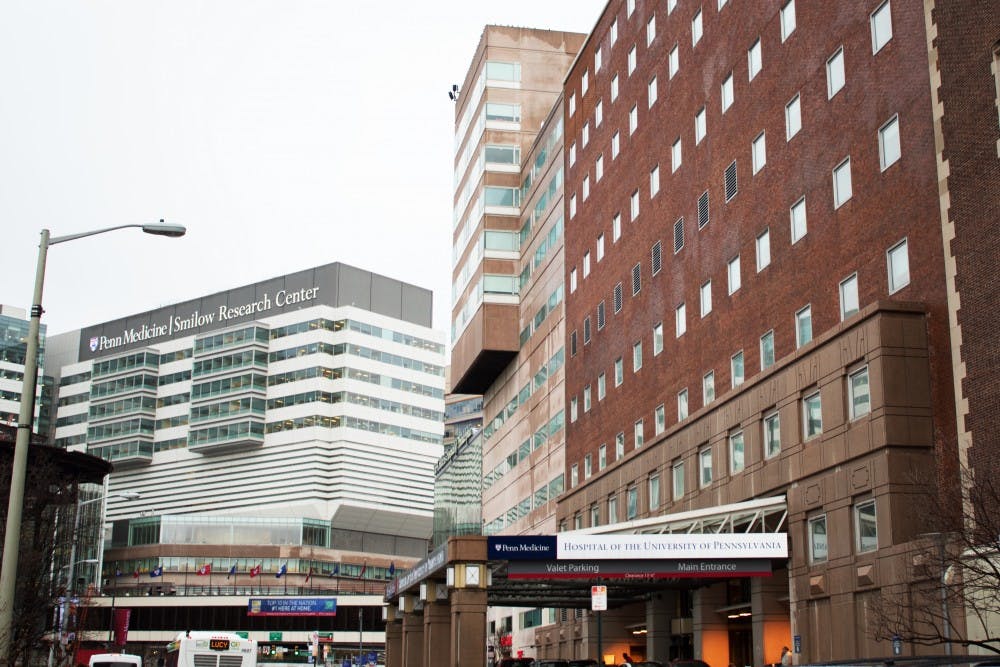
Penn Medicine has provided $5 million in seed funding for Tmunity Therapeutics, an emerging biotherapeutics company spearheaded by Penn faculty. This contribution marks the first time the institution has ever invested in a company.
Senior Vice President and Chief Administrative Officer for the University of Pennsylvania Health System Kevin Mahoney explained the University’s multimillion dollar decision.
According to Mahoney, the investment "was intended to accelerate our best faculty’s ideas towards commercialization,” and to bring Tmunity’s novel treatments to patients “safely and quickly."
In return for Penn Medicine's investment, Tmunity will conduct a minimum of $30 million of sponsored research at Penn, Mahoney said.
In a financing round this year, Tmunity Therapeutics raised $100 million from a variety of investors, many of which were from the biotech sphere, including the Parker Institute for Cancer Immunotherapy, Gilead Sciences, Be The Match BioTherapies, and Chinese investor Ping An Ventures.
Now that the company has completed a successful round of financing, it’s poised to continue developing its landmark gene therapies and strengthen its company building activities. Specifically, it will continue clinical trials as it develops new treatments and staffs its management positions.

Carl June, one of Tmunity’s scientific founders who advised the company while also working to maintain a full-time faculty position at the Perelman School of Medicine, led a team that developed a cancer gene therapy that received FDA approval last year.
June said the funding would allow them to work on two current clinical trials that also make use of gene editing and a new biotechnological tool called "CRISPR."
Scientific founder and Penn professor in cancer gene therapy Bruce Levine said that his research background translated to his work at Tmunity.
“What we are is a company based on technology, but also based on experience,” said Levine.
Tmunity’s scientific founders and senior faculty members have worked together for at least a decade, researching how to best engineer cells to serve as treatments for diseases like cancers and HIV.
Tmunity’s success in the biotech sphere isn’t entirely unique in Philadelphia. Several life science companies have sprung up in recent years, including Spark Therapeutics, which recently developed a drug that cures a rare form of blindness.
“Tmunity is an example of a home-grown — that is, Penn-grown — cell therapy company, and it goes along with Spark and other companies in the area,” Levine said. “We have a huge amount of intellectual capital here that is being developed into companies.”
Tmunity was already valued at an estimated $100 million before Series A financing brought in $100 million this year. Mahoney expects that investments could grow by an additional $25 million by June, bringing the company’s valuation near a quarter of a billion dollars.
Penn Medicine does not expect to increase its investment in Tmunity, and the University remains cautious in its approach to sponsoring other ventures, said Mahoney.
“We have an ongoing conversation with the University on whether we should do more,” Mahoney said, but he also added that Penn Medicine has no current plans to invest in other companies.
The Daily Pennsylvanian is an independent, student-run newspaper. Please consider making a donation to support the coverage that shapes the University. Your generosity ensures a future of strong journalism at Penn.
Donate



